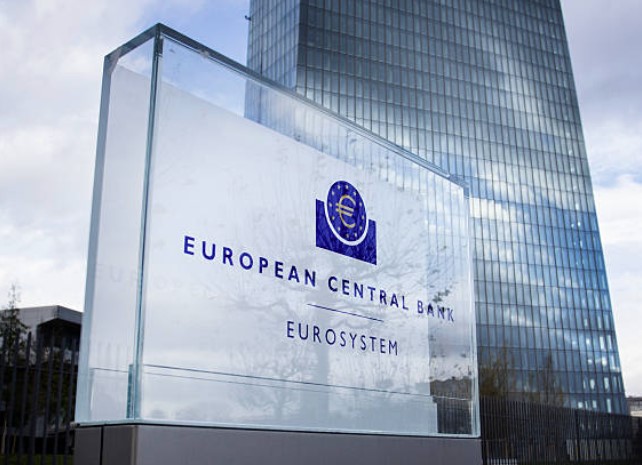Economic developments in the European Union

The war in Ukraine and the conflict following the attack on Israel by the terrorist movement Hamas is evident this year. The presidential elections in Russia (17 March), the US elections (5 November), and the elections in Ukraine (31 March) will be crucial for the next developments. The European Parliament elections (6-9 June) are also due this year. Belgium will take over the EU presidency, to be replaced by Hungary in the second half of the year. This year also marks many anniversaries, such as 25 years of the euro, and 20 years since the enlargement of the EU to 10 more countries).
The outlook for this year should bring a definitive unwinding of the inflation tsunami. Inflation rates will be only slightly elevated compared to inflation targets in advanced economies. Fiscal consolidation should also continue across countries in the EU. Recent events surrounding attacks on merchant ships near Yemen have significantly undermined this optimism. The consequences are already being felt in the form of reduced output from manufacturers and rising international shipping prices. If war tensions are prolonged, this could trigger further increases in shipping prices.
Market outlook for key central bank rates in percentages

The chart shows how the markets see the key central banks’ rates evolving this year. Interestingly, markets expect the same pace of rate cuts in Europe and the US, although central banks see their position somewhat differently. There are elections this year in Russia, the United States, Mexico, Indonesia and the European Parliament, for example. According to an analysis by German insurer Allianz , elections are being held this year in countries that together account for three-fifths of the global economy. The implications for economic development in election periods are fundamental in that many companies and households are taking a “wait and see” attitude. This attitude delays major economic decisions in the face of political uncertainty arising from an uncertain election outcome. At the same time, this uncertainty is causing a negative trend in demand, which could potentially raise prices and limit production, investment and consumption. According to Allianz analysts, countries such as China, Germany and the United Kingdom will be most at risk.

According to analysts at the German insurer, there is a risk of controversy in the area of pressure to curb migration, but this could ultimately lead to blocking fundamental reforms in the EU, especially reforms of individual European institutions. In this area, countries such as Germany and France are arousing great passions, lobbying for a reduction in the veto power of member states in, for example, security or foreign policy.
Another key area that the Union needs to reform is energy policy and the reduction of energy commodity prices. The necessary reduction in inflation will help kick-start the economy, thanks to rising wages and more household spending. Global wars and the associated economic uncertainties pose a risk to the EU and the US in particular. However, analysts at Allianz Research are hopeful that an easing of monetary policy should lead to an economic recovery in the European Union from the middle of the year. Interest rate cuts are being considered by the Bank of England, the European Central Bank, the Fed and the Czech National Bank. Is China also influencing economic growth in the EU ? Yes, China is key for many companies that are linked to the export and import of goods and commodities, where, according to analysts at Allianz Research, a recovery can be expected for companies doing business in France, Germany, Italy or the Netherlands.